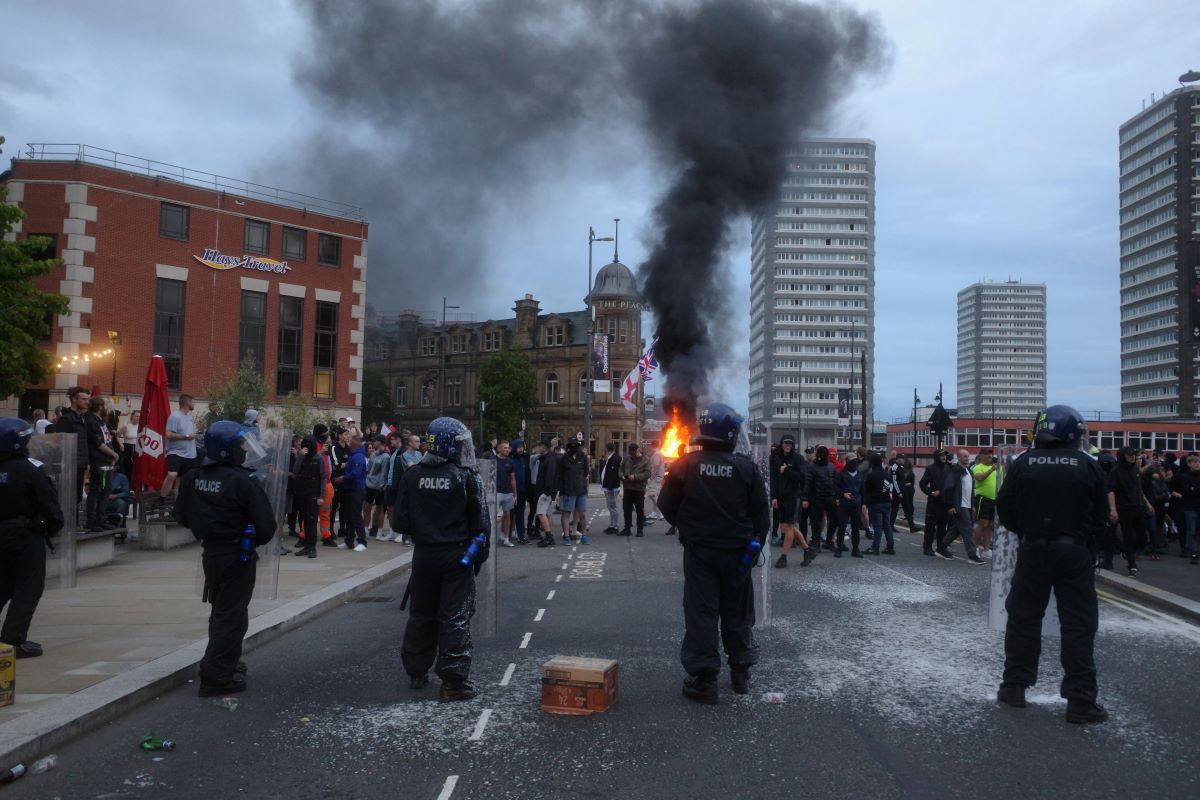As riots erupt across England, the Conservative Party faces accusations of stoking anti-immigrant sentiment through controversial rhetoric and campaign materials. Here’s the full story.
Blame Game Begins
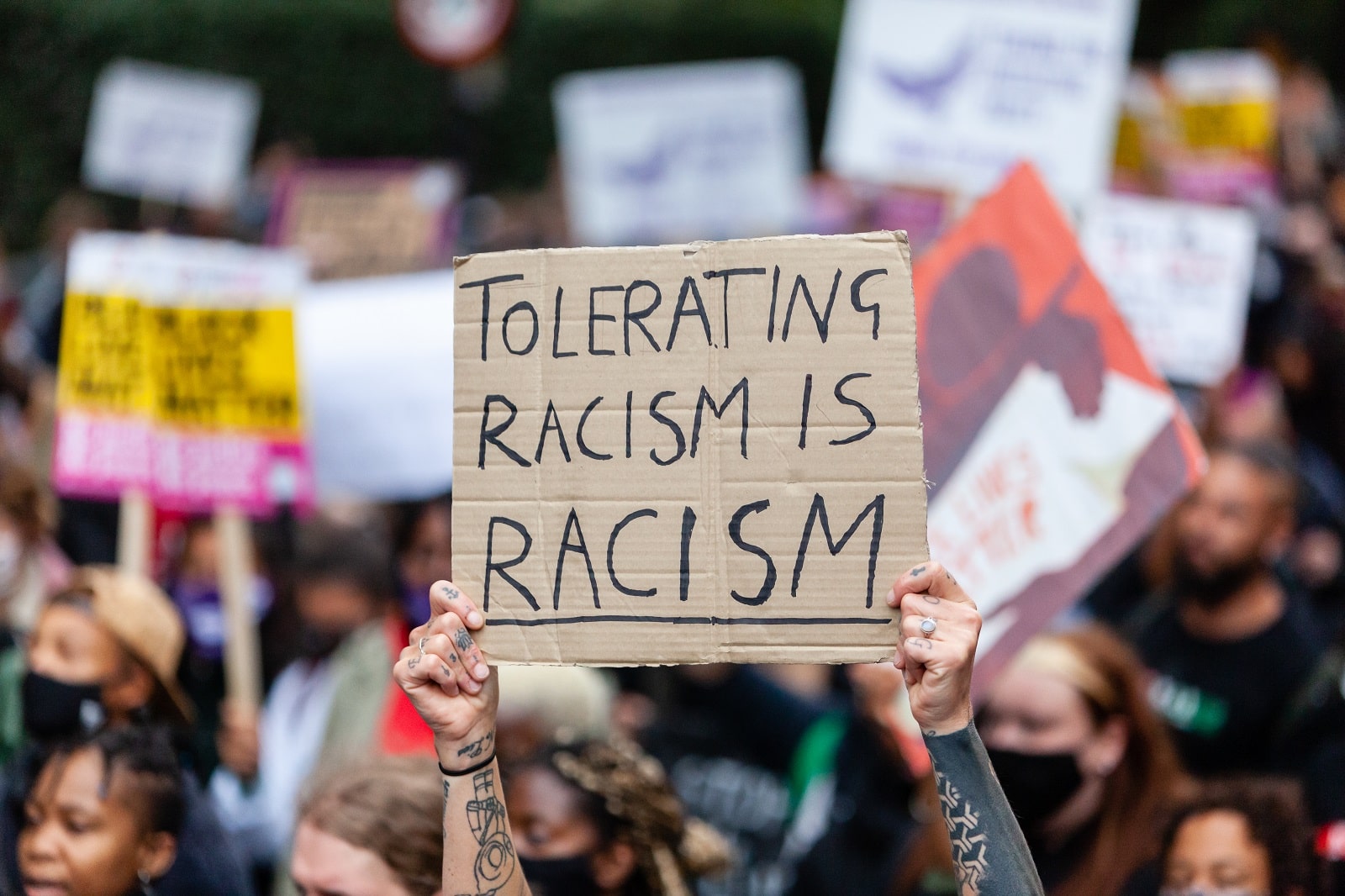
As racist riots continue to spread across England, the blame game has begun, with politicians and the public looking for who may be held responsible for the violent scenes which have gripped the country.
Misinformation Fuels Violence

With much of the violence fuelled by far-right misinformation and conspiracy theories online, some had suggested that the seemingly unstoppable spread of far-right violence across the country was being promoted by bots and misinformation campaigns by adversarial countries, such as Russia.
Conservatives Emerge as Culprit
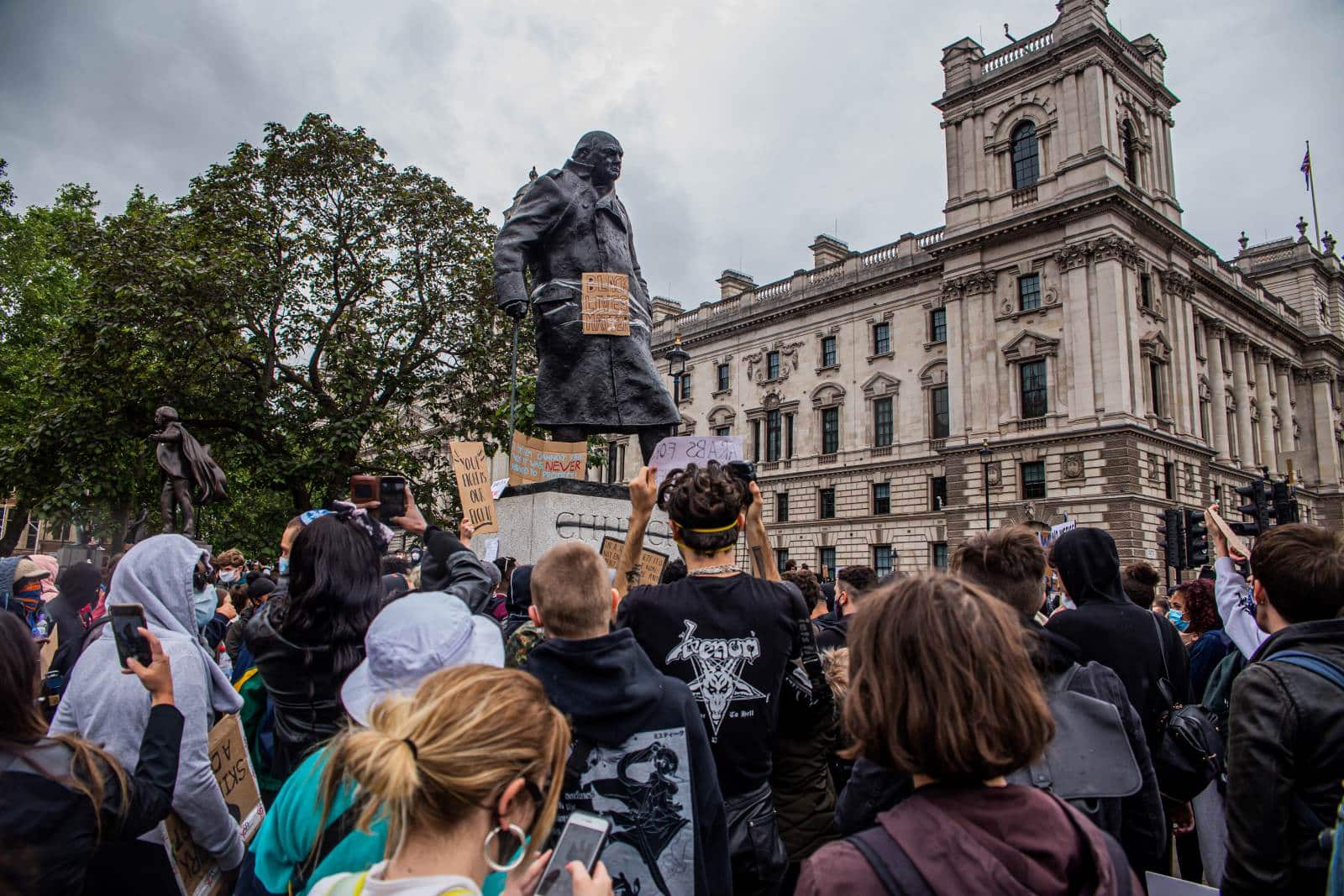
However, in the wake of the introspection over what has brought the country to such a horrific place, with mosques attacked, hotels housing asylum seekers set alight, and bigots setting up vehicle checkpoints to check the ethnicity of the occupants, another culprit has begun to emerge: the Conservatives.
Conservative Remarks Ignite Controversy

The controversy began when the Conservative shadow Welsh Secretary, Lord Byron Davies, posted remarks on social media that appeared to justify the riots, fueling the fire of an already volatile situation.
Political Blame Game

The conversation that led to the controversy began with Mail on Sunday columnist Dan Hodges, who wrote on X, formerly Twitter, “There’s no political justification for the disorder we have seen. But if people want to get into the blame game, these are the facts. The Tories were in power for 14 years. Labour have been in power for four weeks. Blaming Keir Starmer and Yvette Cooper for this is just ridiculous.”
Davies’ Inflammatory Response
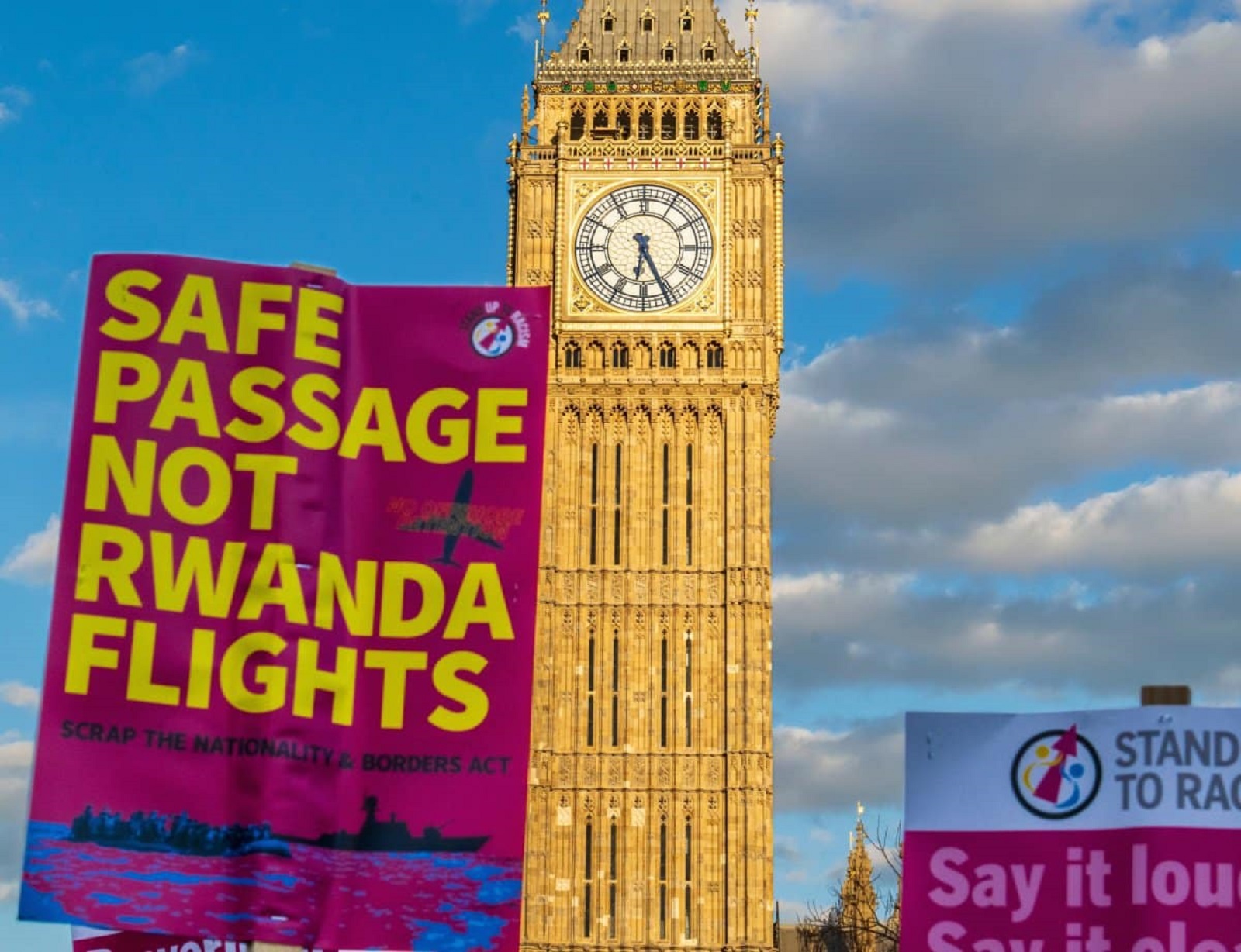
In response, Davies posted regarding the Conservative government’s plan, which was declared illegal by the UK’s highest court, to send asylum seekers to Rwanda for processing, writing, “But Labour blocked the Rwanda Bill 130+ times. Of course it’s politically justified!”
Immediate Backlash

The backlash against Davies’s comments was immediate and ferocious, with many social media users condemning the language used, which appeared to justify the violent scenes gripping the country over the past week.
Attempted Retraction

Following the outcry, Davies attempted to retract his comments, apologising for his words being “misconstrued” and adding, “To be crystal clear, I utterly condemn the violence in our cities. What I am criticising is Labour’s totally negative approach to immigration and organised crime. I stand by that.”
Labour’s Swift Denouncement

However, Labour’s Welsh secretary Jo Stevens was quick to denounce Davies for the language used in his post, stating, “The shadow Welsh secretary’s comments are disgusting, misguided and dangerous. Racist violence is never justified. Politicians, including unelected ones, have an important responsibility to de-escalate tensions. Those inflaming them should seriously consider their position.”
Conservative Campaign Scrutinised
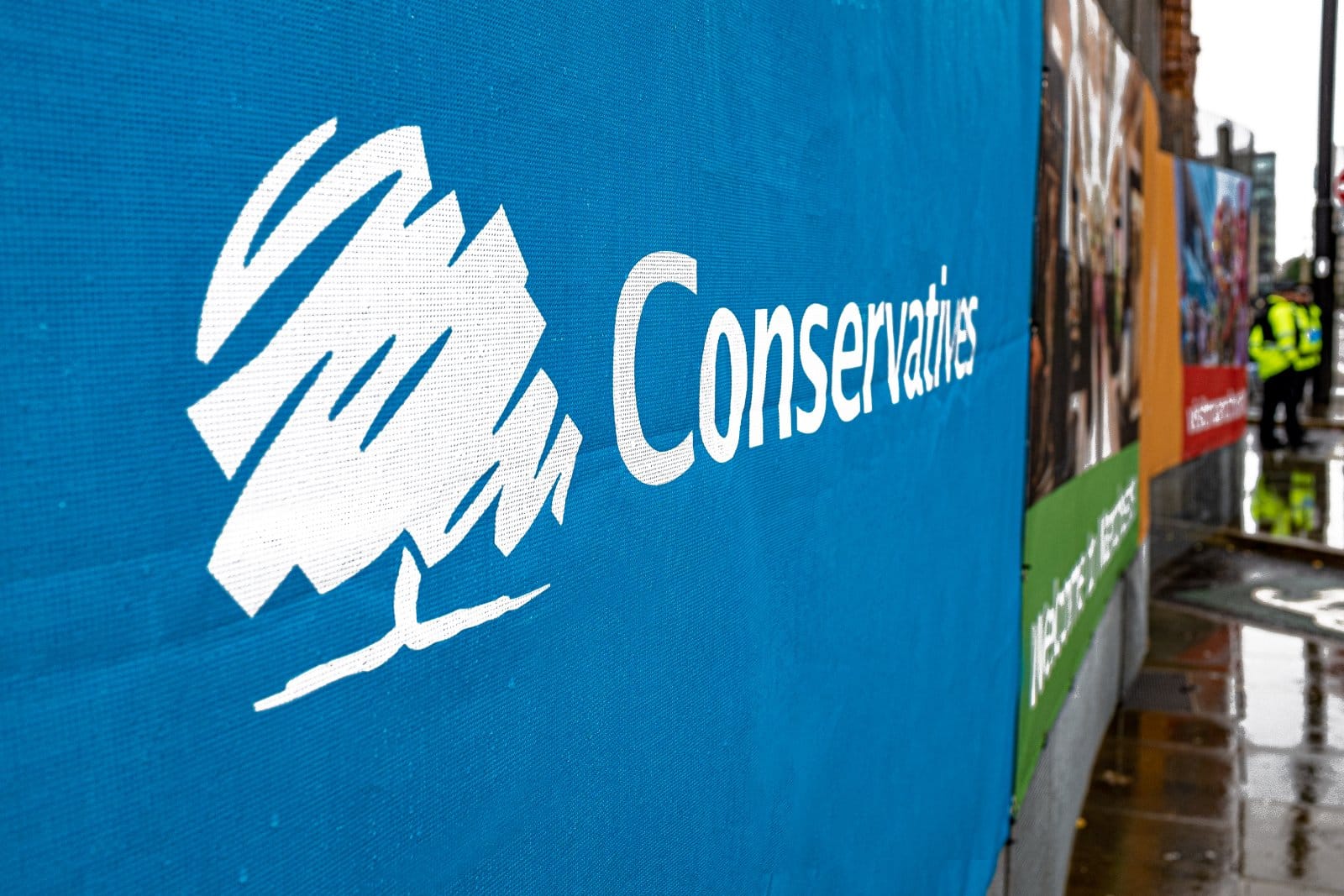
Following the furore over Davies’ incendiary language and amid the chaos still gripping the country, online attention shifted to the Conservative’s recent election campaign material, which many accused of stoking anti-immigrant sentiment.
Controversial Election Video Resurfaces

One of the most controversial of the Conservatives election videos quickly resurfaced online, along with many of the party’s other anti-immigrant adverts and attack lines used against their political adversaries, which were then reviewed in the harsh light of the flames still engulfing much of the country.
“Labour’s Approach” Video Criticised

The most egregious video that resurfaced in the aftermath of the riots showed people setting up a red carpet and a welcome sign on a Beach at Dover. The video, posted from the Conservative Party’s official X account, ended with text that read “Labour’s Approach to Illegal Migration” and was captioned “Don’t wake up to this on the 5th July.”
Severe Scrutiny of Rhetoric

The re-emergence of the Conservative campaign video prompted severe scrutiny of the party’s past rhetoric on immigration and how that might have influenced the rioters.
Far-Right Mobs Chant Slogans

Prime Minister Rishi Sunak’s slogan, “Stop the Boats”, has been chanted by far-right mobs as they attacked hotels housing asylum seekers.
Militaristic Language Blamed

Similarly, disgraced former Home Secretary Suella Braverman’s depiction of asylum seekers as an “invasion,” along with other militaristic language, has been blamed for ramping up anti-immigrant sentiment to boiling point.
Campaigner Blames Rhetoric

Housing campaigner Kwajo Tweneboa reposted the Conservative’s controversial video on X, blaming the ongoing riots on their divisive rhetoric. He wrote, “Rioters now screaming ‘get out of our country’, ‘Go back to where you came from’ to anyone that is black or brown. Setting fire to hotels with asylum seekers in, and some setting up race checkpoints.”
Scapegoating for Failings
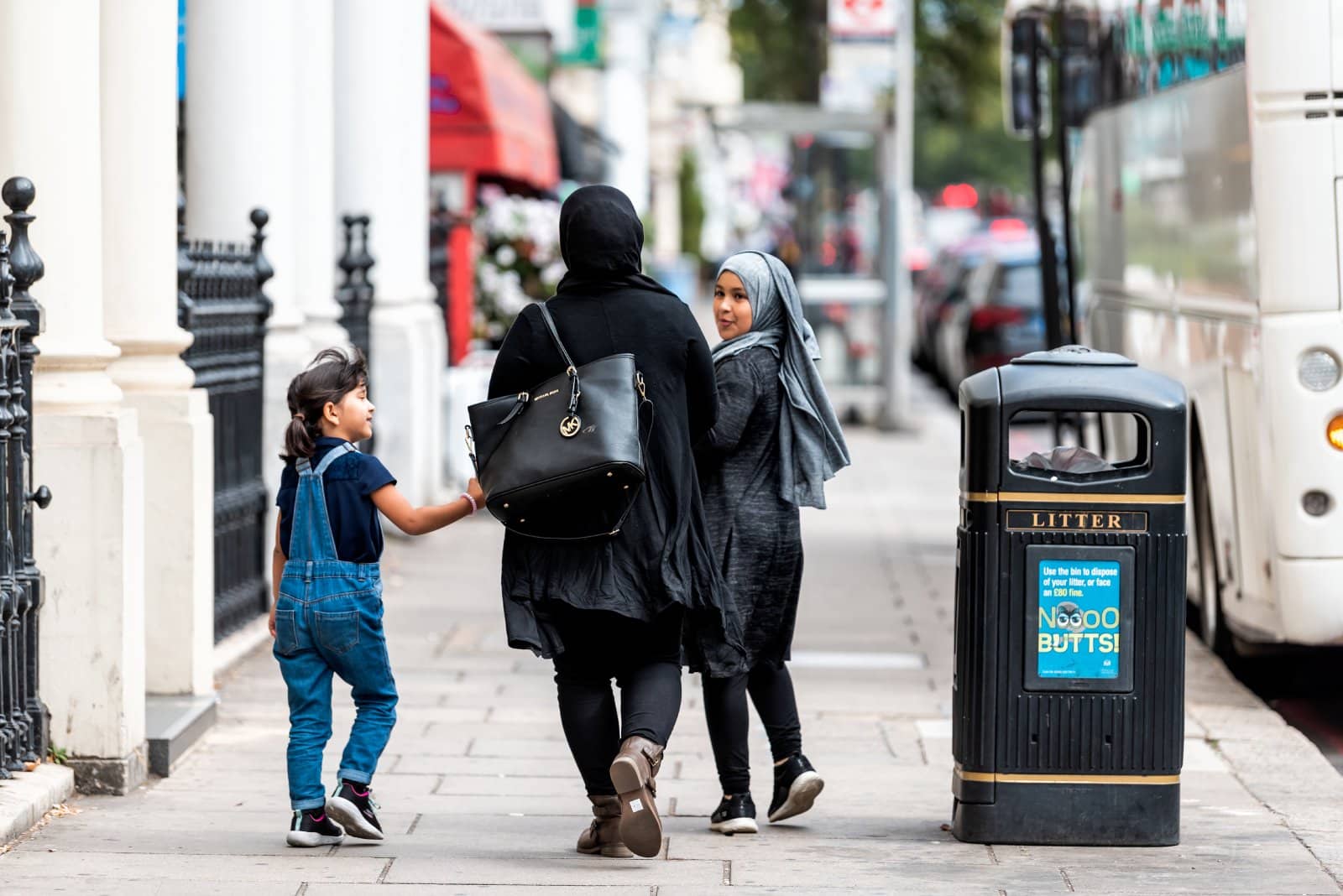
He added, “Let’s not forget the way in which political parties ran their election campaign off of ‘illegal immigration’. Scapegoating a minority group for their own failings.”
Conservatives Remarkably Quiet
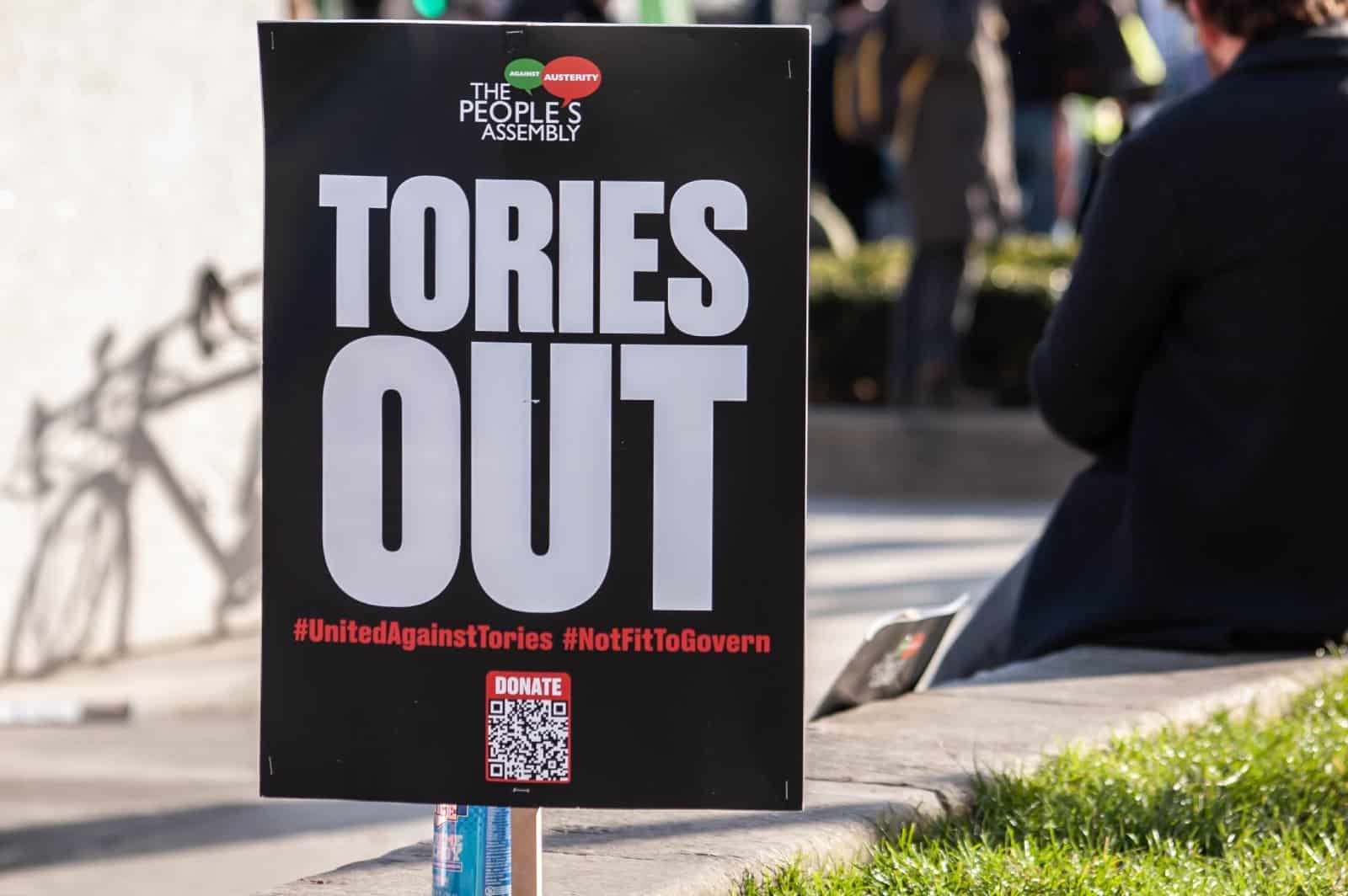
As the government continues to grapple with the crisis, the Conservatives have, for now, been remarkably quiet. The party is gripped by the introspection that comes following such a momentous electoral defeat and which arises during a leadership campaign.
Blame Likely to Stick
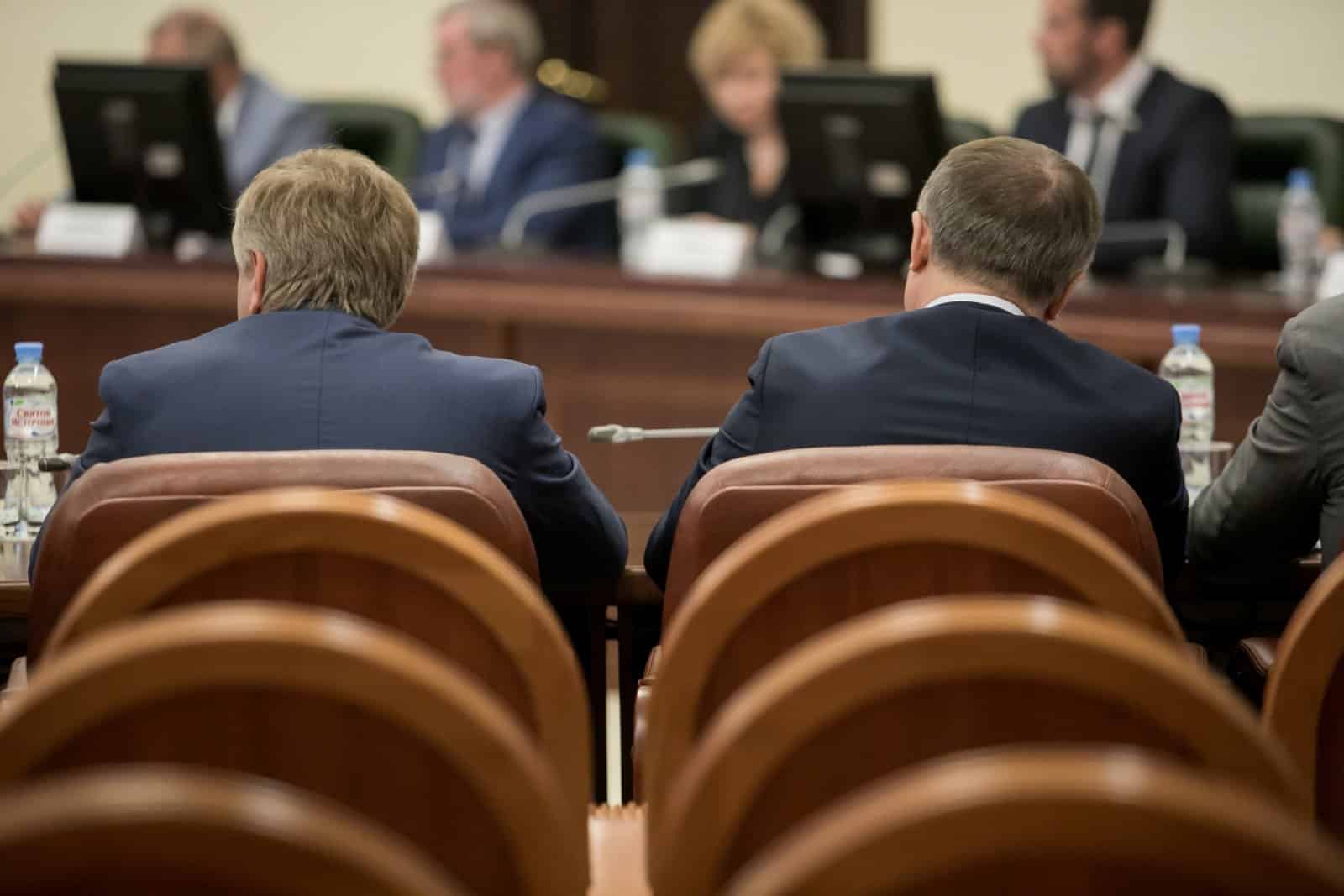
This has led to a vacuum for blame to be shifted, and with such a wealth of past material appearing to blame migrants for much of the country’s problems available, it seems the accusation that the Conservatives have some part to play in the crisis will be one likely to stick.
“Nasty Party” Under Scrutiny
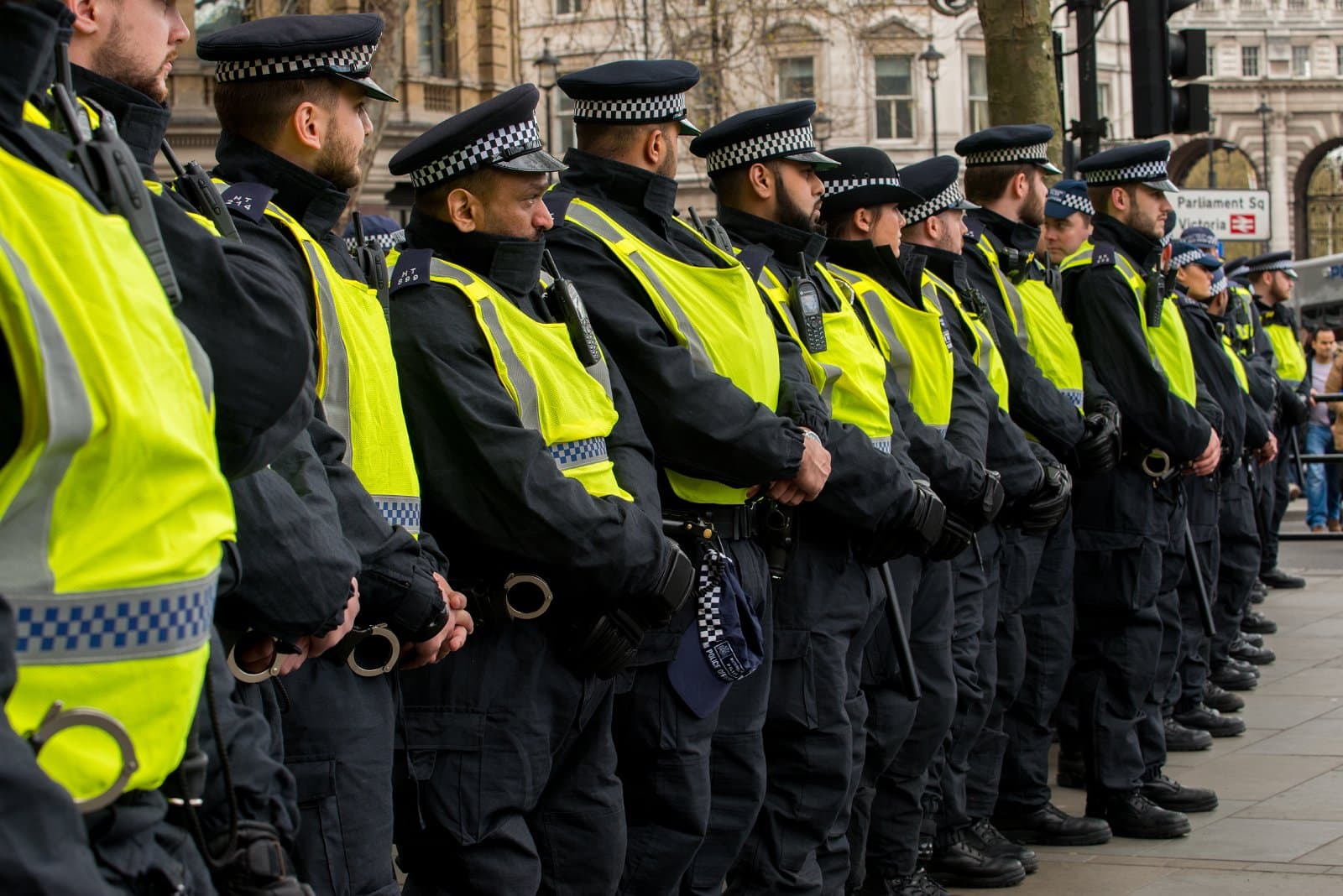
How long it will take the “nasty party” to once again rid themselves of the blame which is falling on them for the far-right sentiment tearing at the fabric of the nation remains to be seen.
Featured Image Credit: Shutterstock / TheBearded_Skot.
The images used are for illustrative purposes only and may not represent the actual people or places mentioned in the article.

